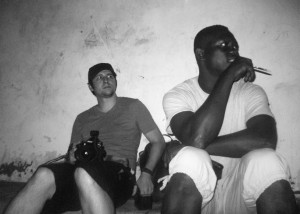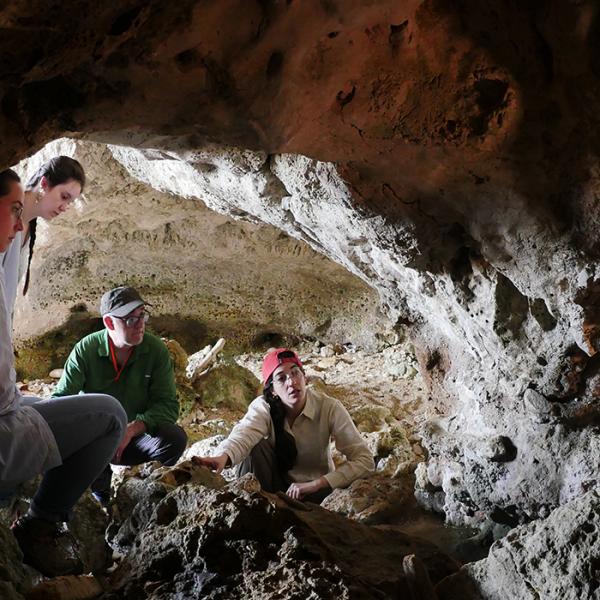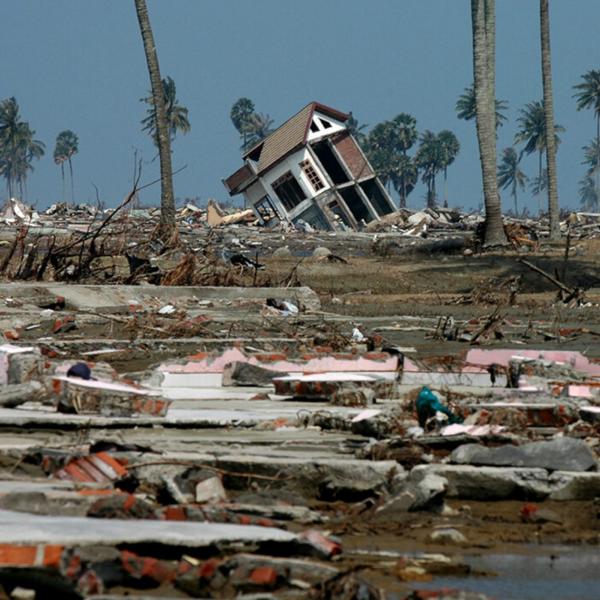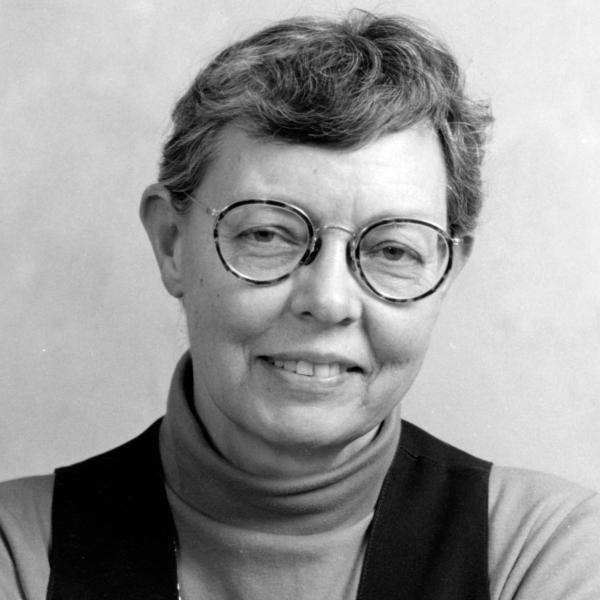Dick Powis
 Since 2012, I’ve been researching medical plurality and competing bodies of healthcare knowledge in Dakar, Senegal which has led me to my dissertation research on men and pregnancy. My dissertation research is about expectant fathers, gendered spaces, and changing ideas and practices of masculinity more broadly in Dakar. In Senegal, as in much of West Africa, men are proscribed from spaces associated with women’s activities (or affaire u jigeen in Wolof, literally “women’s business”), meaning that even if men are open to engaging in that space, they risk flouting social decorum or may not be welcome. While some nongovernmental organizations (such as Tostan Senegal) aim to get men more involved with their pregnant partners with the idea that it will improve maternal and infant health outcomes, kin and local healthcare professionals through their use of space may actually be indirectly discouraging them from doing so. My dissertation research is an ethnographic exploration of (1) the shifting meanings, desires, and experiences of expectant fathers in Dakar, Senegal, (2) the ways in which men navigate gendered spaces while simultaneously balancing the tensions between their desires to be engaged in the continuum of reproduction with the social risk of transgressing notions local notions of masculinity and femininity, and (3) how men renegotiate their own masculinities as they transition into fatherhood in the context of locally-produced gender norms, changing forms of marriage, religious notions of parenting, and economic precarity.
Since 2012, I’ve been researching medical plurality and competing bodies of healthcare knowledge in Dakar, Senegal which has led me to my dissertation research on men and pregnancy. My dissertation research is about expectant fathers, gendered spaces, and changing ideas and practices of masculinity more broadly in Dakar. In Senegal, as in much of West Africa, men are proscribed from spaces associated with women’s activities (or affaire u jigeen in Wolof, literally “women’s business”), meaning that even if men are open to engaging in that space, they risk flouting social decorum or may not be welcome. While some nongovernmental organizations (such as Tostan Senegal) aim to get men more involved with their pregnant partners with the idea that it will improve maternal and infant health outcomes, kin and local healthcare professionals through their use of space may actually be indirectly discouraging them from doing so. My dissertation research is an ethnographic exploration of (1) the shifting meanings, desires, and experiences of expectant fathers in Dakar, Senegal, (2) the ways in which men navigate gendered spaces while simultaneously balancing the tensions between their desires to be engaged in the continuum of reproduction with the social risk of transgressing notions local notions of masculinity and femininity, and (3) how men renegotiate their own masculinities as they transition into fatherhood in the context of locally-produced gender norms, changing forms of marriage, religious notions of parenting, and economic precarity.
Because pregnancy is not a regular topic of conversation among men or between men and women, my research methods require careful and thoughtful community engagement. This means that in addition to undertaking participant observation in the homes of my interlocutors, I must work in closely coordinated partnership with healthcare professionals and college student researchers to recruit participants in clinics. Additionally, my commitment to public engagement means that my ongoing research is shared and accessible to both Senegalese and American laypeople by through social media and blogging. Finally, as a visual ethnographer, I rely heavily upon digital and film photography to document the daily lives of my research participants.
My research is supported in part by a National Science Foundation Graduate Research Fellowship and the Fulbright-Hays Doctoral Dissertation Research Fellowship.



